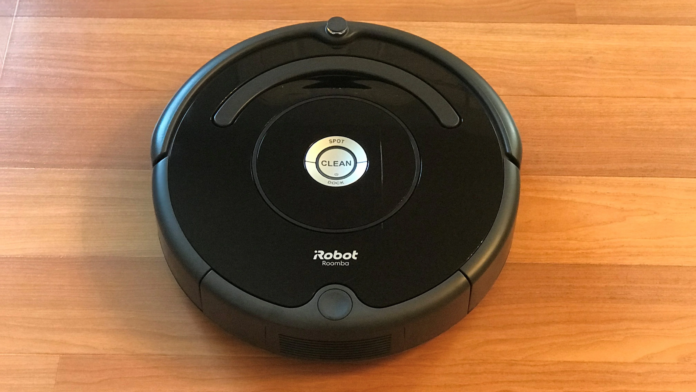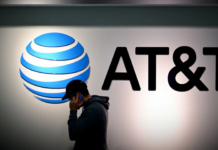In a significant development that’s stirring up the European tech market landscape, the European Union’s watchful eye is now fixed on Amazon’s ambitious move to acquire iRobot, the renowned robot vacuum maker. This scrutiny from EU regulators is not just a routine check but a deep dive into the realms of market fairness and competition.
The EU’s latest action doesn’t outright block Amazon’s aspirations but sends a clear signal of concern. By issuing a formal statement of objections, the EU is essentially putting Amazon on notice. This move could push the tech giant to offer concessions to appease the regulators and dodge a potential block on the acquisition.
Rewinding a bit, Amazon had put forth an all-cash offer of $1.7 billion for iRobot in August 2022. However, facing regulatory hurdles and increased debt by iRobot, Amazon had to adjust its sails and reduced the offer by 15%. This recalibration in the deal’s value underscores the complexities involved in such large-scale mergers and acquisitions.
The EU’s probe into the Amazon-iRobot deal has been thorough and meticulous, starting as early as July. The core of the EU’s apprehension is how this acquisition might reshape the competitive landscape. The concern is that Amazon could potentially use its online marketplace muscle to squeeze out iRobot’s competitors. This could manifest in various forms – from making rival products less visible on Amazon’s platform to limiting their access to key marketing features, or even increasing the costs for these rivals to operate on the marketplace.
Particularly in countries like France, Germany, Italy, and Spain, Amazon’s platform is more than just a sales channel – it’s a critical pathway for product discovery and purchasing decisions. If Amazon tilts the playing field in iRobot’s favor post-acquisition, it could lead to a scenario where competition is stifled, possibly resulting in higher prices, reduced quality, and less innovation in the robot vacuum cleaner (RVC) market.
The EU’s investigation has been comprehensive, involving a deep analysis of internal documents from both Amazon and iRobot, and gathering insights from various market participants. This extensive process reflects the EU’s commitment to ensuring a fair and competitive market.
In response, Amazon has maintained its stance, emphasizing the intense competition iRobot faces in the vacuum cleaner market and expressing their intention to work closely with the European Commission to address any concerns.
This situation unfolds against the backdrop of Amazon’s recent settlements with the EU over other competition concerns. These included issues related to the use of merchant data and the operation of its “Buy Box” and Prime loyalty program. In those instances, Amazon made several commitments to align its operations with fair market practices.
Given these past settlements, the ongoing scrutiny over the iRobot deal suggests that the EU is still wary of Amazon’s potential to influence market dynamics. This is particularly significant in the context of the Digital Markets Act, where Amazon is designated as a gatekeeper, subjecting it to stringent rules against self-preferencing and ensuring fair competition.
As the saga unfolds, it’s a reminder of the delicate balance that needs to be maintained in today’s digital marketplace. The EU’s vigilance serves as a check against the consolidation of power by tech giants, ensuring that the market remains a level playing field for all players. For consumers and competitors alike, the outcome of this investigation will be a benchmark for the future of fair competition in the ever-evolving digital landscape.










![5 Blogs To Follow On F.I.R.E. [Idy On Fire]](https://investitin.com/wp-content/uploads/2018/10/article-100x70.png)

